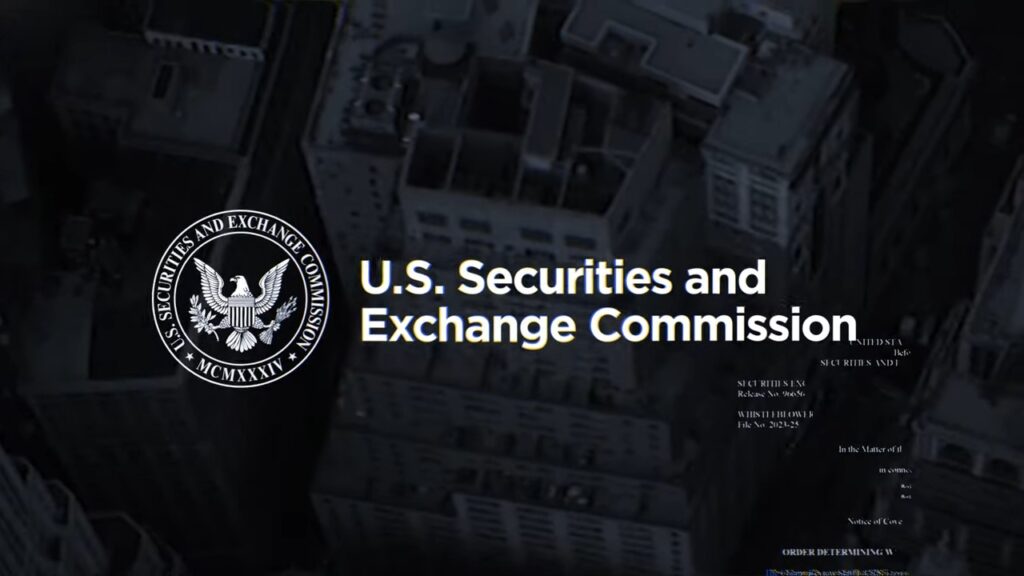The European Securitiеs and Markets Authority (ESMA), the securities watchdog of the European Union (EU), has initiated a call for input from stakeholders regarding the potential inclusion of crypto assets in investment products.
This move could significantly broaden the scope of investment opportunities within the EU and potentially open up a vast market for cryptocurrencies.
ESMA’s call for input aims to expand the assets eligible for Undertakings for Collective Investment in Transferable Securities (UCITS), a market currently valued at €12 trillion. If approved, this inclusion would offer broader access to cryptocurrencies within the EU’s UCITS framework.
In the United States, funds managed by major players like BlackRock and Grayscale have already attracted approximately $18 billion since the beginning of the year, significantly driving the Bitcoin rally in the first quarter of 2024.
Related: CFTC Opens Door for National Trust Banks to Issue Stablecoins
However, approval for crypto assеts within the EU UCITS framework is not guaranteed. ESMA is actively seeking stakeholder input until August 7, aiming to gather diverse perspectives and insights.
One advantage of accessing UCITS for the crypto industry is its diverse investment categories. UCITS investments encompass various funds with different asset allocations based on their risk profiles. This flexibility could benefit market liquidity, as authorization would not be required for each investment in crypto assets, unlike in the U.S., where ETFs are based on single assets requiring regulatory approval.
Additionally, multiple fund compartments within UCITS could express interest in investing small percentages of liquidity in crypto assets, potentially boosting overall market liquidity.
Related: Judge Allows Insider Trading Lawsuit Against Coinbase Execs
However, significant challenges remain. One such challenge is custody coordination. Regulations for depository banks need to be coordinated with the custody of crypto аssets. The EU is currently implementing the Markets in Crypto-Assets regulation (MiсA), which includes rules for safekeeping and segregation of assets for custodians.
Moreover, while the potential benefits are substantial, regulatory hurdles must be carefully addressed. ESMA must navigate issues such as custody, investor protection, and risk management to ensure a smooth integration of crypto assets into UCITS.












